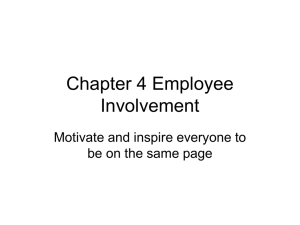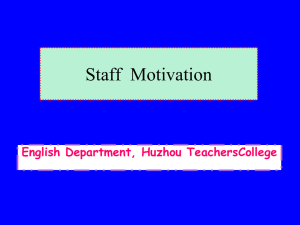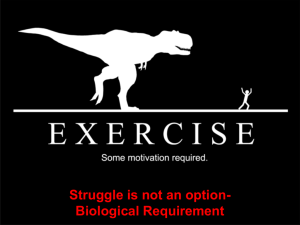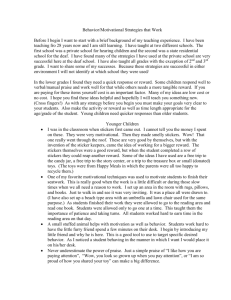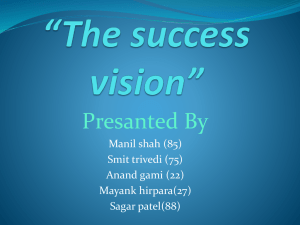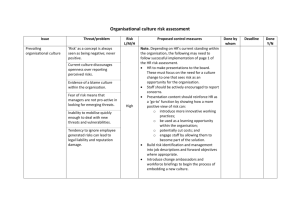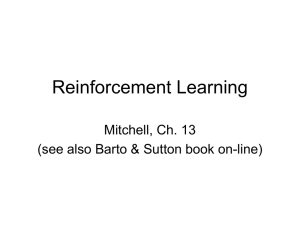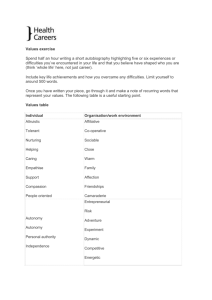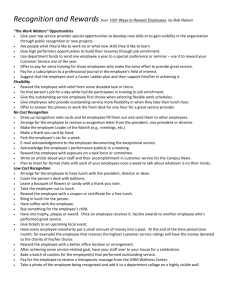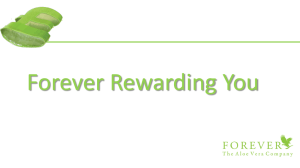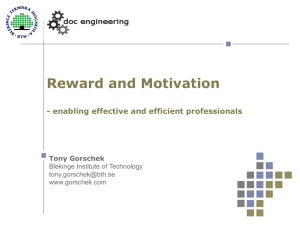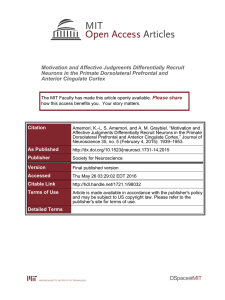Course Program
advertisement
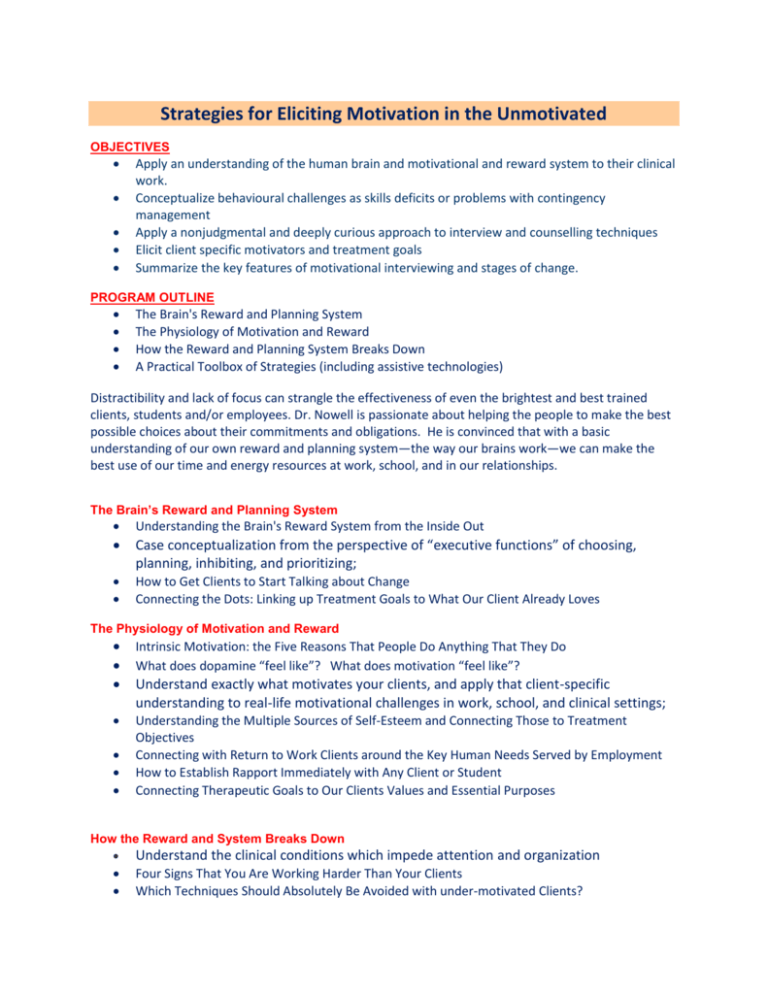
Strategies for Eliciting Motivation in the Unmotivated OBJECTIVES Apply an understanding of the human brain and motivational and reward system to their clinical work. Conceptualize behavioural challenges as skills deficits or problems with contingency management Apply a nonjudgmental and deeply curious approach to interview and counselling techniques Elicit client specific motivators and treatment goals Summarize the key features of motivational interviewing and stages of change. PROGRAM OUTLINE The Brain's Reward and Planning System The Physiology of Motivation and Reward How the Reward and Planning System Breaks Down A Practical Toolbox of Strategies (including assistive technologies) Distractibility and lack of focus can strangle the effectiveness of even the brightest and best trained clients, students and/or employees. Dr. Nowell is passionate about helping the people to make the best possible choices about their commitments and obligations. He is convinced that with a basic understanding of our own reward and planning system—the way our brains work—we can make the best use of our time and energy resources at work, school, and in our relationships. The Brain’s Reward and Planning System Understanding the Brain's Reward System from the Inside Out Case conceptualization from the perspective of “executive functions” of choosing, planning, inhibiting, and prioritizing; How to Get Clients to Start Talking about Change Connecting the Dots: Linking up Treatment Goals to What Our Client Already Loves The Physiology of Motivation and Reward Intrinsic Motivation: the Five Reasons That People Do Anything That They Do What does dopamine “feel like”? What does motivation “feel like”? Understanding the Multiple Sources of Self-Esteem and Connecting Those to Treatment Objectives Connecting with Return to Work Clients around the Key Human Needs Served by Employment How to Establish Rapport Immediately with Any Client or Student Connecting Therapeutic Goals to Our Clients Values and Essential Purposes Understand exactly what motivates your clients, and apply that client-specific understanding to real-life motivational challenges in work, school, and clinical settings; How the Reward and System Breaks Down Understand the clinical conditions which impede attention and organization Four Signs That You Are Working Harder Than Your Clients Which Techniques Should Absolutely Be Avoided with under-motivated Clients? "We're All ADHD Now"-What the Rest of Us Can Learn from People Who Really Struggle with Focus, Distractibility, and Time Management Dangers of Failing to Recognize Our Clients Stage of Change A Practical Toolbox of Strategies Strategic Behavioral Inquiry: A respectful, client-centered approach to motivational management Learning and Teaching the Key Principle That Every Behavioral Challenge Is Either a Skills Deficit or a Contingency Problem “I work better under a deadline” - strategies for managing time management problems How Can We Make Use of the Best of Recent Brain Research to Facilitate Client Movement Towards Therapeutic Goals? What Key Motivational Interviewing Techniques Can Be Applied to Any Clinical Situation? The "Three Don'ts "of Employment Assistance The “Magic If” - What Method Actors Have To Teach Clinicians Cloud-based strategies to enhance organization and efficiency Technologies for motivational support
